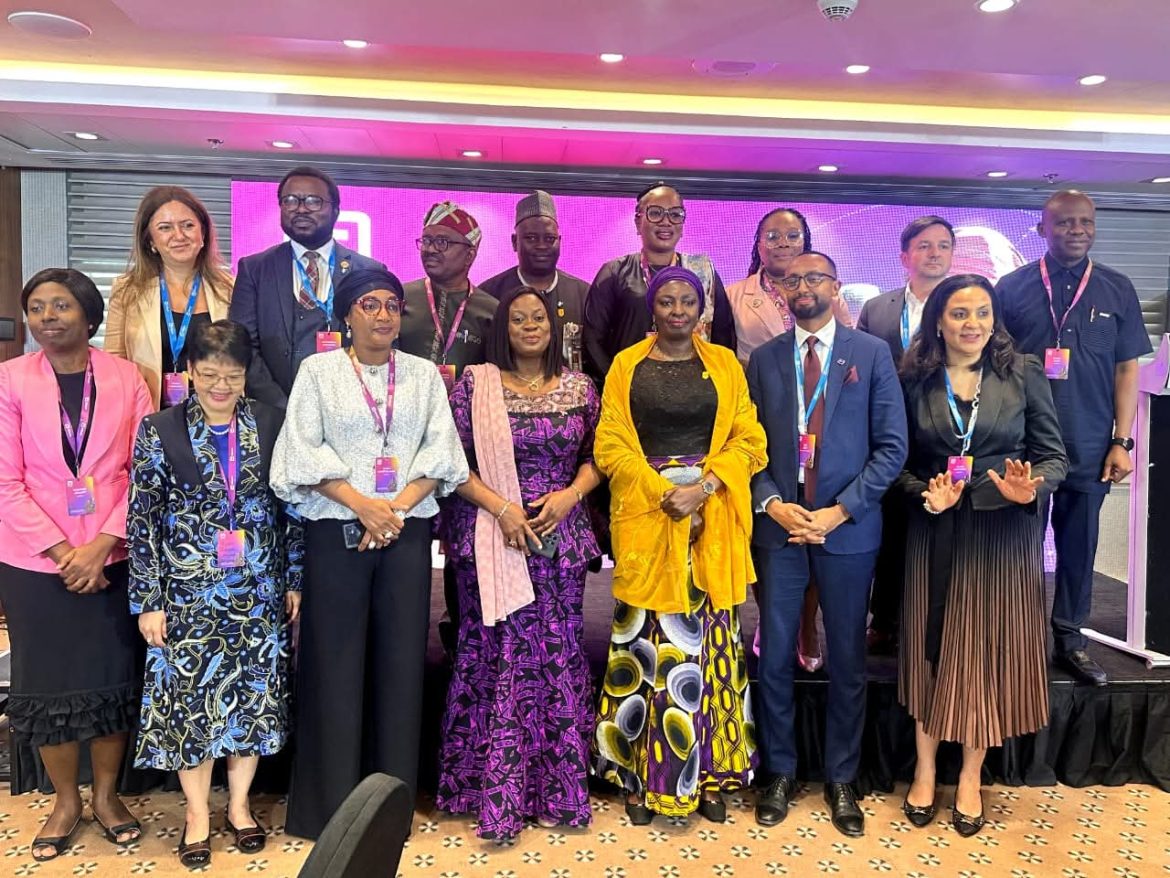By Muhammad Amaan
The Nigeria Federal Government has reaffirmed the country’s leadership in public health transformation at the Abbott Infectious Disease Summit 2025.
The country called for urgent regional collaboration to expand access to diagnostics, boost local manufacturing, and accelerate disease elimination across Central, West, and East Africa.
This was contained in a statement issued by the Deputy Director Information and Public Relations at the Federal Ministry of Health and Social Welfare, Alaba Balogun.
Balogun said the said Nigeria’s reform-driven message was delivered by the Permanent Secretary of the Ministry, Ms Kachollom S. Daju, who declared the summit open.
Ms Daju who represented the Minister of Health and Social Welfare, Professor Muhammad Ali Pate, emphasised the alignment of the summit’s objectives with the country’s Renewed Hope Agenda and the Sector-Wide Approach (SWAp) for health system strengthening.
“This summit is timely. Diseases like HIV, TB, Malaria, and Viral Hepatitis remain major threats in our region. Rapid, decentralized diagnostics, especially Point-of-Care testing, are not just innovations; they are lifelines,” she said.
She commended Abbott Rapid Diagnostics for organizing the three-day summit, which has convened public health leaders, innovators, and global partners under the shared vision of a healthier, disease-resilient Africa.
Ms Daju called on global health manufacturers to collaborate with Nigeria’s Presidential Initiative for Unlocking the Healthcare Value Chain (PVAC), launched in 2024 to support local production of medical supplies.
The initiative offers policy incentives such as zero tariffs and waivers on inputs and machinery to drive domestic manufacturing of diagnostics and therapeutics.
Highlights from the summit’s opening day which attracted high-level participation across Africa include:
Chair of the Senate Committee on Health, Senator Dr. Ipalibo Banigo, stressed the urgency of accelerating Prevention of Mother-To-Child Transmission (PMTCT) efforts and announced recent updates to the NCDC Act to improve infectious disease surveillance.
Regional General Manager for Central and West Africa at Abbott, Aziz Abdi, noted that Nigeria accounts for nearly half of the region’s HIV burden, while commending national efforts to scale up testing and strengthen health equity.
The National Coordinator, NASCP, Dr Adebobola Bashorun revealed that Nigeria has increased treatment coverage for HIV, TB, and malaria to 60%, with a notable drop in mother-to-child HIV transmission.
Dr Abdu Mukhtar, National Coordinator of PVAC, announced that Nigeria has signed an MoU to commence local production of Rapid Diagnostic Tests (RDTs) as part of its health industrialization agenda.
Director-General, National Agency for the control of AIDS (NACA), Dr Temitope Ilori, affirmed that local RDT production would bolster laboratory capacity and reiterated Nigeria’s 2030 target for zero new HIV infections.
Regional Solidarity, Global Support Development partners including the World Health Organization (WHO), Society for Family Health (SFH), Clinton Health Access Initiative (CHAI), and the Institute for Human Virology expressed commitment to deepened collaboration, integrated programming, and peer learning for infectious disease control.
As the summit continues over the next three days, participants were charged to pursue actionable, inclusive, and sustainable outcomes that address Africa’s health security and access challenges.
“The time to act is now. Through innovation and collaboration, we can build a healthier, self-reliant Africa,” Prof. Pate said in his message.




